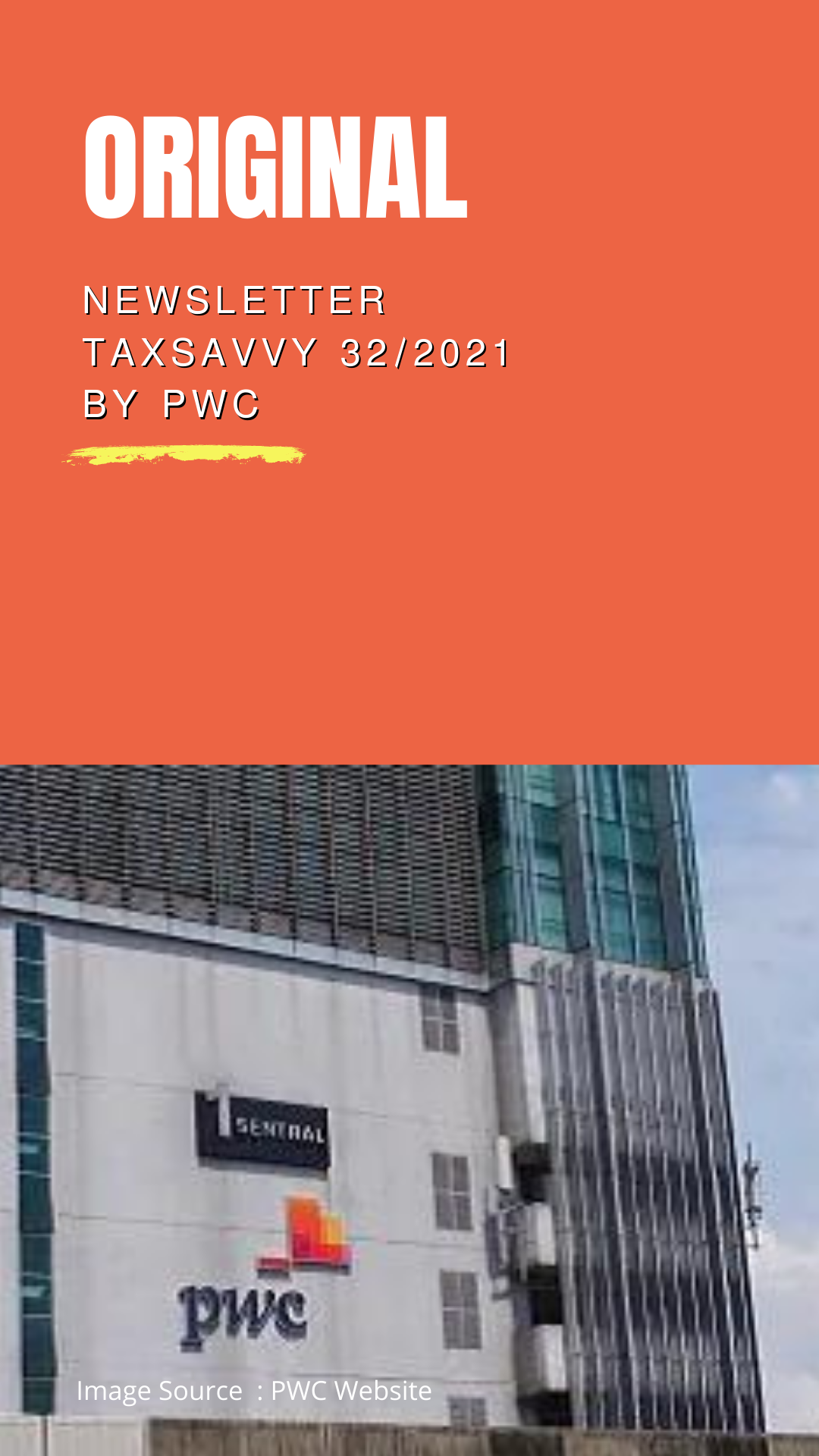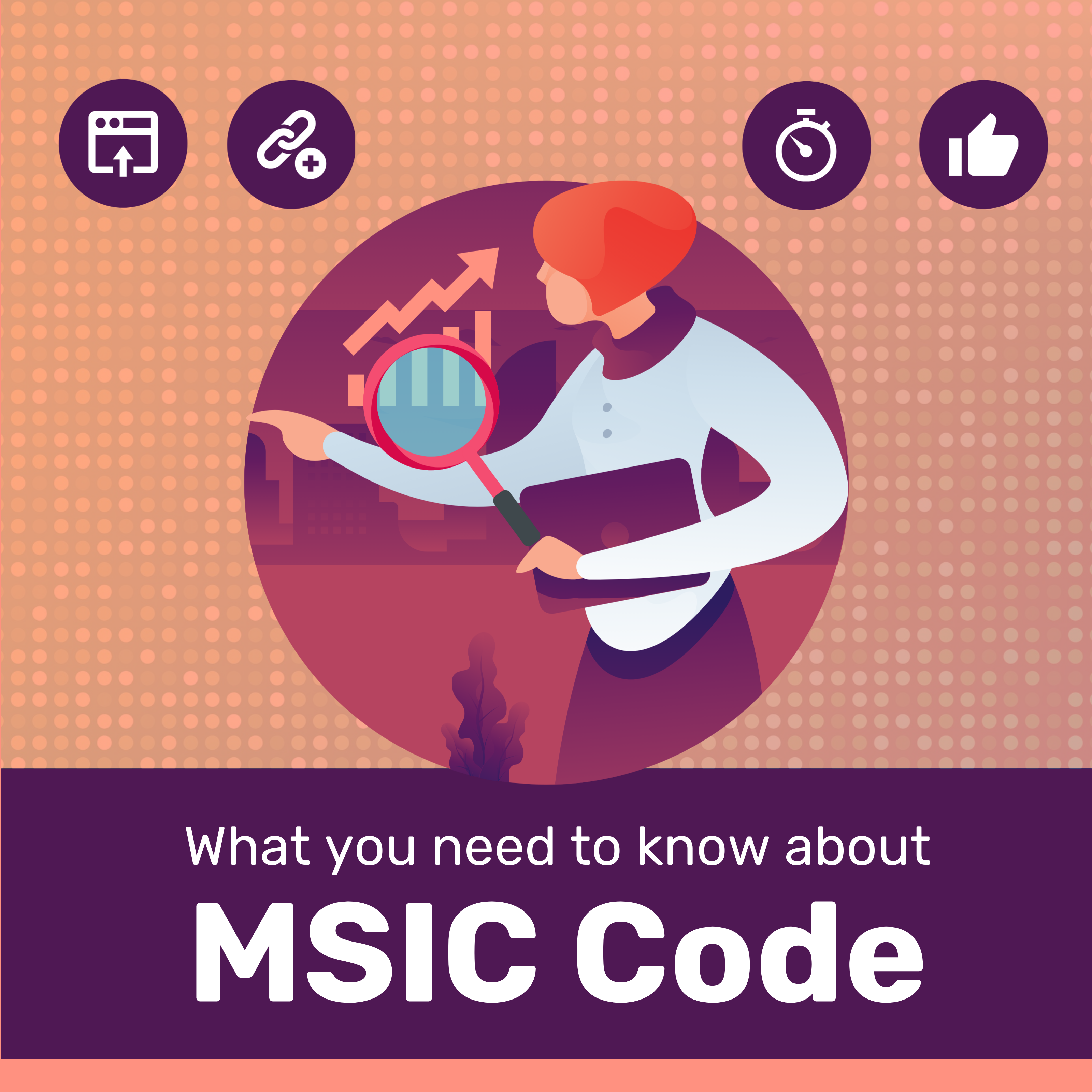The following is the extract of PWC’s newsletter on FSI.
Issue 32 – 2021 (Dec 30, 2021, 9:21 PM)
Developments on Budget 2022 proposals
1. Foreign-sourced income exemption (FSIE)
Under the Budget 2022 proposal, the exemption of foreign-sourced income received by any person (other than a resident company carrying on the business of banking, insurance or sea or air transport) which is provided under Paragraph 28, Schedule 6 of the Income Tax Act 1967 is proposed to be removed for Malaysian residents. The proposed removal is to take effect from 1 January 2022. The amendment to the law is to be made through the Finance Bill 2021 which has been passed by both houses of Parliament.
The Ministry of Finance has announced today that subject to conditions, which will be set out in guidelines to be issued by the Inland Revenue Board, the following foreign-sourced income received from 1 January 2022 to 31 December 2026 (5 years) will continue to be exempted from Malaysian income tax:
- Dividend income received by resident companies and limited liability partnerships.
- All classes of income received by resident individuals, except for resident individuals which carry on business through a partnership.
All foreign-sourced income received by non-residents (individuals, companies and others) will continue to be exempted under Paragraph 28, Schedule 6 of the Income Tax Act 1967.
The announcement also states that foreign-sourced income received in the year of assessment 2022 is excluded from the computation of tax for the purposes of Cukai Makmur.
2. Stamp duty for instruments of transfer of listed shares/stocks
Under the Budget 2022 proposal, it was proposed that the stamp duty rate on contract notes relating to the transfer of listed shares/stocks is to be increased to 0.15% (RM1.50 for every RM1,000 or fractional part of RM1,000) and that the stamp duty cap of RM200, is to be removed with effect from 1 January 2022.
The Ministry Finance has also announced today that the stamp duty cap will be reinstated with a higher cap of RM1,000, and the amount of stamp duty exceeding RM1,000 will be remitted in respect of transfer of shares/stocks listed in Bursa Malaysia from 1 January 2022 to 31 December 2026.
Source : Email newsletter by PWC.
——
There is a lot of confusion lately regarded FSI. To seperate the truth from fiction, read this article : “You See FSI Not a Real U-Turn“.










